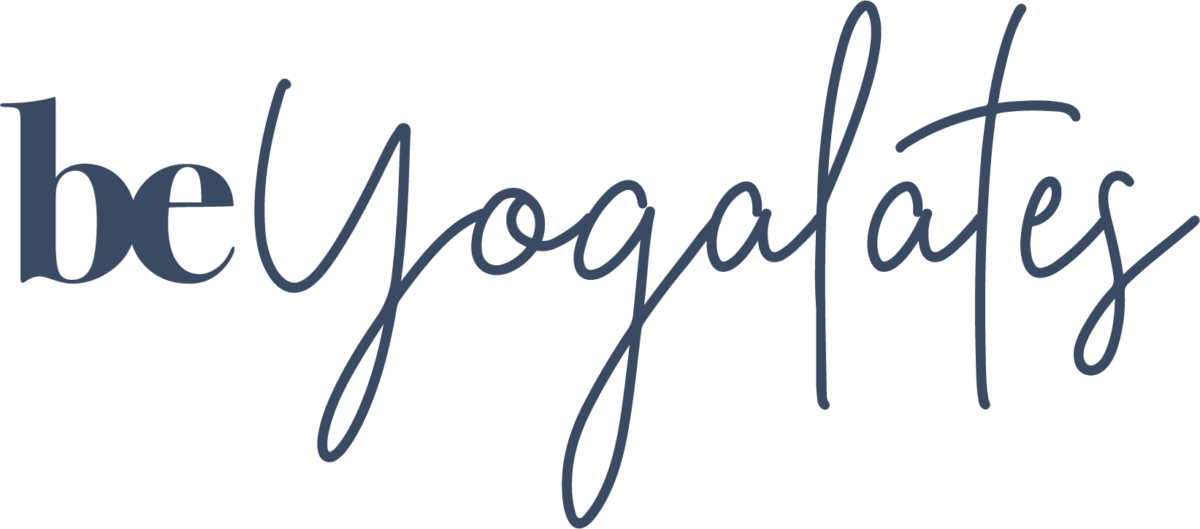As a Physio and Wellbeing Consultant, I’m constantly on the lookout for simple, yet profoundly effective, strategies to empower my clients on their journey to optimal health. And there’s one technique I consistently recommend incorporating into your daily routine: the physiological sigh.
InFact, I use this technique both in the physiotherapy consulting room and in my workshops and retreats…It might sound unassuming, but this natural breathing pattern is a powerhouse for both your physical and mental wellbeing. Forget complex breathing exercises for a moment; the beauty of the physiological sigh lies in its inherent simplicity and incredible benefits.
What Exactly Is the Physiological Sigh?
You’ve probably done it unconsciously many times throughout your life, especially when you feel a sense of relief, or perhaps after a stressful moment. It’s that double inhale through the nose, followed by a long, slow exhale through the mouth. Think of it as:
* Inhale deeply through your nose until your lungs are full.
* Take a quick, secondary sniff/inhale, topping off your lungs even further.
* Exhale slowly and completely through your mouth, letting out all the air.
This seemingly small act is a highly effective way for your body to offload carbon dioxide, which in turn helps to rebalance your oxygen and carbon dioxide levels. But the magic doesn’t stop there.
The Science-Backed Benefits for Your Body and Mind:
Here’s why I champion the physiological sigh as a daily non-negotiable for my clients:
* Rapid Stress Reduction:
This is perhaps its most immediate and noticeable benefit. By stimulating the vagus nerve, the physiological sigh activates your parasympathetic nervous system – your body’s “rest and digest” mode. This instantly counters the “fight or flight” response, bringing about a profound sense of calm and reducing feelings of anxiety and overwhelm.
* Assists Pain Relief:
Chronic pain often goes hand-in-hand with heightened stress and muscle tension. By promoting relaxation and reducing sympathetic nervous system activity, the physiological sigh can help to decrease muscle tension and, for some, contribute to a reduction in perceived pain levels. It’s not a cure, but it’s a powerful complementary tool.
* Combats Inflammation:
Chronic stress is a known contributor to systemic inflammation in the body. By regularly down-regulating your stress response with the physiological sigh, you’re actively working to mitigate this inflammatory pathway, supporting your body’s long-term health and resilience.
* Enhances Longevity:
This might sound like a big claim for a simple breath, but when you consider the cumulative effects of reduced stress, inflammation, and improved physiological regulation, the connection becomes clear. A body that spends less time in a state of chronic stress is a body that’s better equipped to repair, regenerate, and thrive, potentially contributing to a healthier and more vibrant lifespan.
Incorporating the Physiological Sigh into Your Daily Routine:
The best part? You don’t need special equipment or dedicated time slots. Here’s how to weave this powerful practice into your day:
* Upon Waking:
Start your day with a few physiological sighs before even getting out of bed. Set a positive, calm tone for the hours ahead.
* Before Stressful Moments:
Got a big meeting? A difficult conversation? Take 2-3 physiological sighs beforehand to ground yourself and approach the situation with greater composure.
* During Breaks:
Instead of scrolling on your phone during a coffee break, take a minute to perform a few sighs. Recharge your nervous system.
* After Work/Study:
Transition from your productive day to your evening by releasing any accumulated tension.
* Before Bed:
Wind down your nervous system and prepare your body for a restful night’s sleep. This is particularly effective for those who struggle with racing thoughts at bedtime.
* Anytime You Feel Overwhelmed:
Notice tension building? Feeling frustrated? Take a moment, even in the midst of activity, to perform a physiological sigh. Aim for 2-3 consecutive sighs each time you practice. You’ll be amazed at how quickly you can shift your internal state.
Your Daily Prescription for Wellbeing:
As your Physio and Wellbeing Consultant, I truly believe in the power of simple, consistent actions.
The physiological sigh is not just a breathing technique; it’s a readily available tool to empower you to take control of your nervous system, enhance your physical comfort, and cultivate a deeper sense of mental peace. Start integrating this practice today. Your body and mind will thank you for it.
See you on the mat
Lisa x

